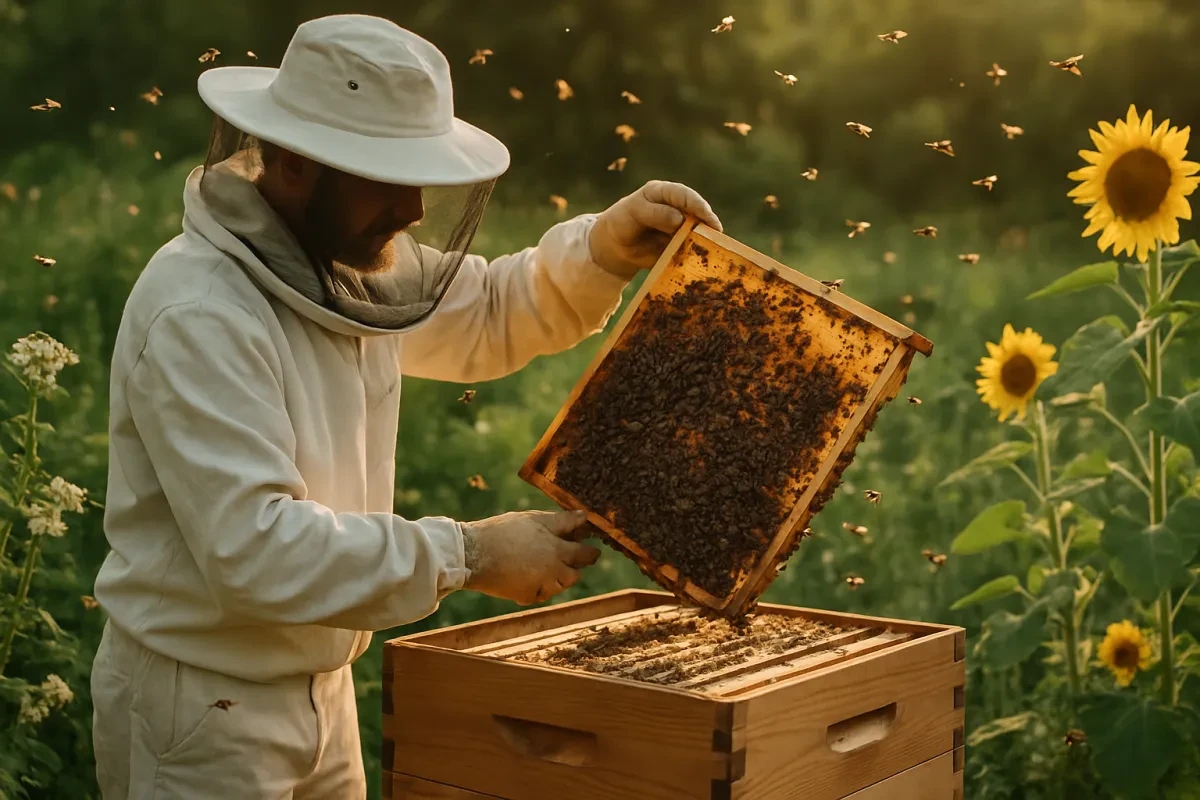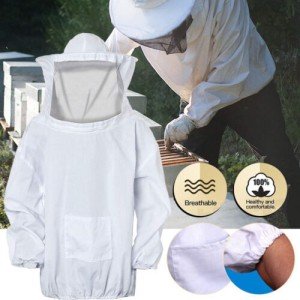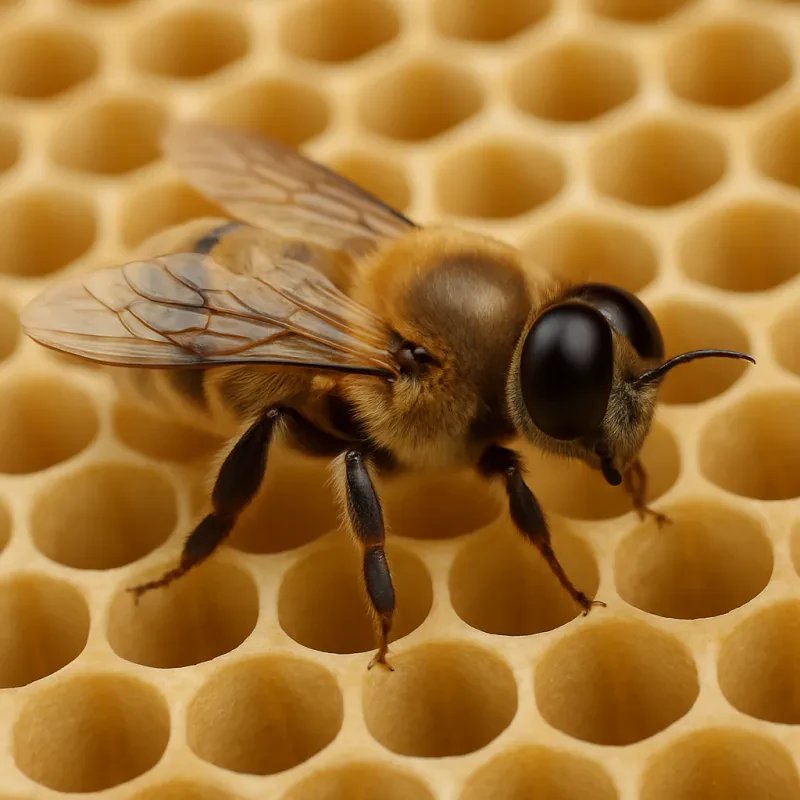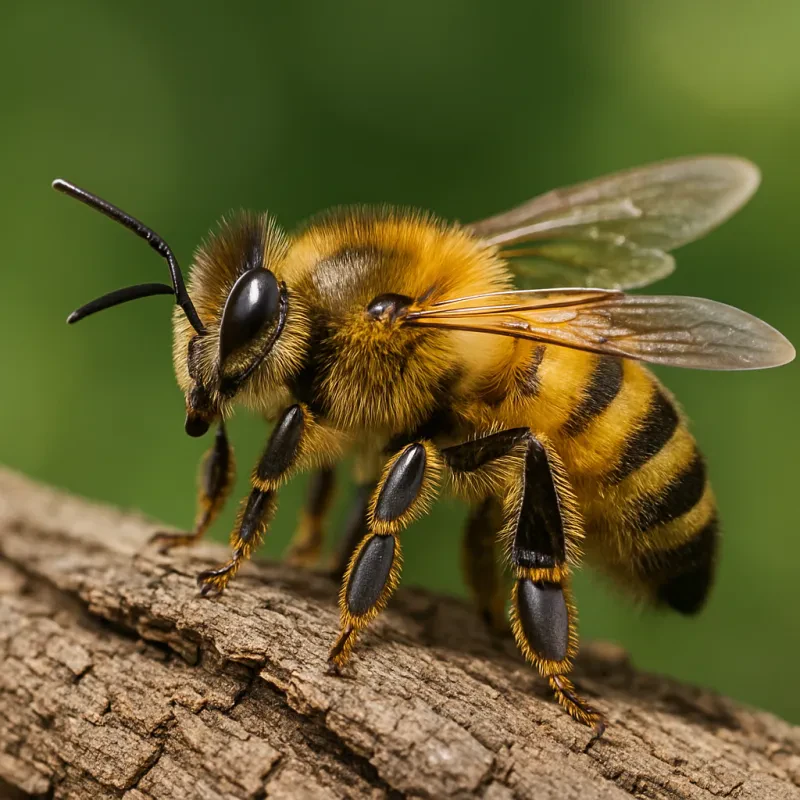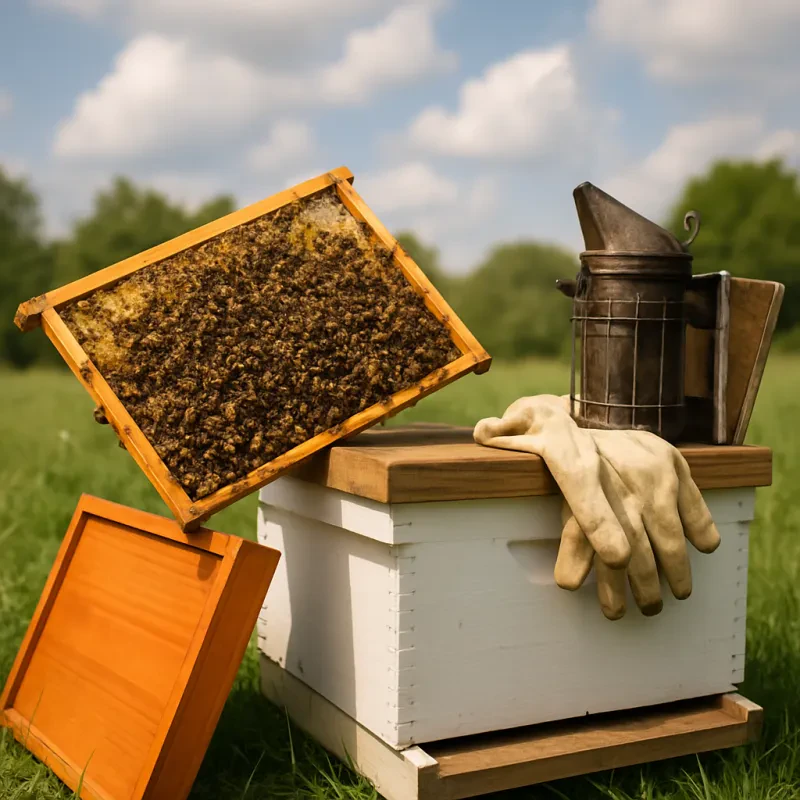Organic beekeeping is all about keeping our buzzing friends healthy and happy while producing delicious honey. One major benefit is the focus on natural methods. You’re not using chemicals or synthetic treatments, meaning the honey stays pure and free from harmful substances. This is great for your health and the environment!
Another perk is healthier bees. Organic beekeeping practices focus on creating a balanced ecosystem that supports bee colonies. Bees in these environments tend to be more resilient to diseases and pests. Healthy bees not only produce better honey but also play a vital role in pollinating plants, contributing to biodiversity.
You’ll also find that organic honey often fetches a higher price. More people are looking for natural, chemical-free products, which can give your honey an edge in the market. When you adopt Organic Beekeeping Practices For Sustainable Honey Production, you not only enhance your honey's quality but also possibly ramp up your profits.
Finally, organic beekeeping encourages community awareness and education. By sharing your journey, you inspire others to consider sustainable practices, creating a ripple effect. It’s about more than just honey; it’s about fostering a lifestyle that cares for our planet and its living creatures.
Essential Tools for Organic Beekeeping
Starting your journey in organic beekeeping? You'll want to have the right tools on hand. Using reliable and effective equipment is a must for anyone looking to implement organic beekeeping practices for sustainable honey production. Here’s a list of essentials that can make your life a whole lot easier.
First up is a good quality beehive. Look for hives that meet organic standards, meaning they’re made from sustainable materials and don’t have harmful chemicals. There are great options out there, like the Langstroth hive, which is popular for its ease of access. Another fantastic choice is the top-bar hive, offering a more natural approach for your bees.
Next, grab a bee suit. This is your best friend in keeping the bees calm and protecting yourself from stings. Make sure it’s made from breathable fabric, so you don’t overheat while working. A good veil and gloves should be included to keep you safe and comfortable.
You’ll also want to invest in basic tools like a hive tool, smoker, and bee brush. The hive tool helps you inspect and manage your hives without hassle. A smoker is vital for calming the bees during inspections, making for easier and safer handling. And a bee brush lets you gently move bees without harming them, which is essential when collecting honey.
Lastly, don’t forget about your honey extractor. This tool is key if you want to harvest honey without damaging the comb. Look for an extractor that’s user-friendly and allows for a smooth, quick process. All these tools together support solid organic beekeeping practices for sustainable honey production, making your experience enjoyable and rewarding!
30-Piece Beekeeping Starter Tool Kit and Bee Suit
Everything you need to kickstart your beekeeping journey in one handy kit
Product information
Product Review Score
4.3 out of 5 stars
40 reviewsProduct links
Practical Tips for Healthy Beehives
Keeping your bees healthy isn’t just good for them; it’s essential for producing top-notch honey. If you're diving into organic beekeeping practices for sustainable honey production, follow these straightforward tips to keep your beehives thriving.
First up, location matters. Choose a spot that’s sheltered from harsh winds and has plenty of sunlight. This helps your bees stay warm and boosts their productivity. A nearby source of fresh water is also a must. Bees need to hydrate, just like we do!
Regular check-ups are key. Open your hives and take a peek inside every few weeks. Look for signs of disease, pests, or even if they’re running low on food. It’s better to catch any problems early on. You’ll want to keep an eye out for varroa mites, as they can sneak up on your bees and cause serious issues.
Consider using natural treatments instead of harsh chemicals. Many beekeepers swear by essential oils or natural remedies like powdered sugar to control pests. Your bees will thank you, and so will the environment. This is a core part of organic beekeeping practices for sustainable honey production, so make it a priority!
Lastly, make sure your bees have access to diverse floral sources. Planting a variety of flowers not only provides food but also supports a healthy ecosystem. Your bees will gather nectar from different plants, which can enhance the flavor of your honey! Keeping things diverse is a win-win for your hive and your honey jar.
Cotton Beekeeping Jacket with Veil and Hat
Stay protected and comfortable while managing your bees with our lightweight cotton beekeeping jacket featuring an integrated veil and hat
Product information
$10.99
Product Review Score
4.34 out of 5 stars
213 reviewsProduct links
Natural Solutions for Common Bee Issues
One major concern is pests. Varroa mites can be a nightmare for beekeepers. Instead of reaching for chemical treatments, consider using powdered sugar. It’s a gentle way to help control mite populations. Just dust some powdered sugar on your bees; it encourages them to groom themselves and shake off those pesky mites.
Another thing to watch for is wax moth infestations. Keeping your hives clean and well-ventilated goes a long way. Regularly inspect your hives and remove any damaged comb that might attract these pests. If you find yourself facing an infestation, try introducing beneficial nematodes into the soil around your hives. They’ll target those wax moth larvae without harming your bees.
Lastly, don’t overlook the importance of nutrition. Healthy bees are less susceptible to diseases. Supplement their diet with natural sugar syrup when needed and consider planting a variety of flowers for forage. A diverse menu keeps your bees happy and healthy, which is exactly what you want for organic beekeeping practices for sustainable honey production.
